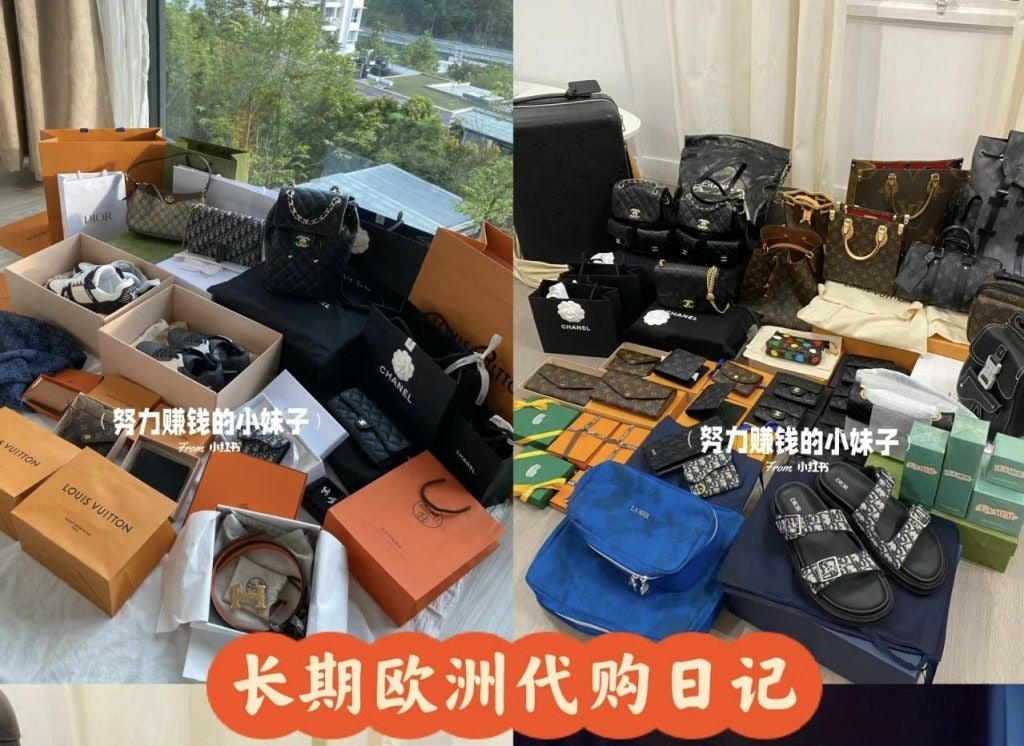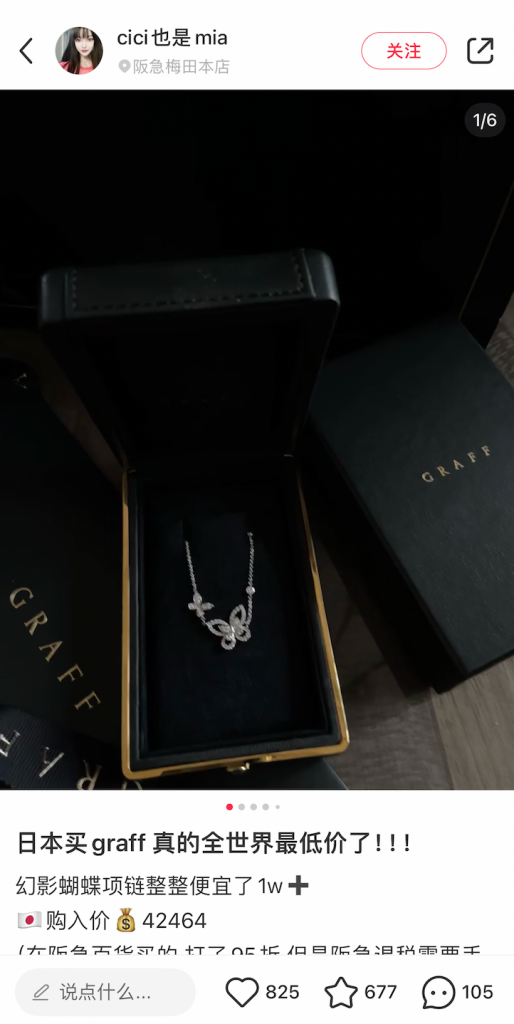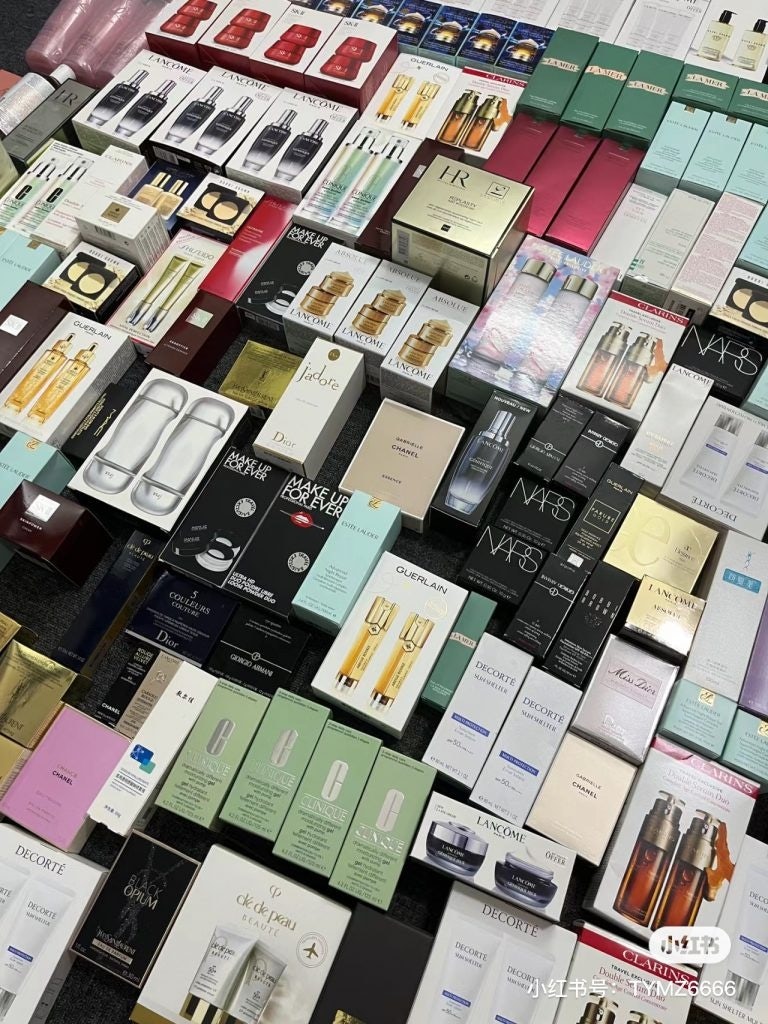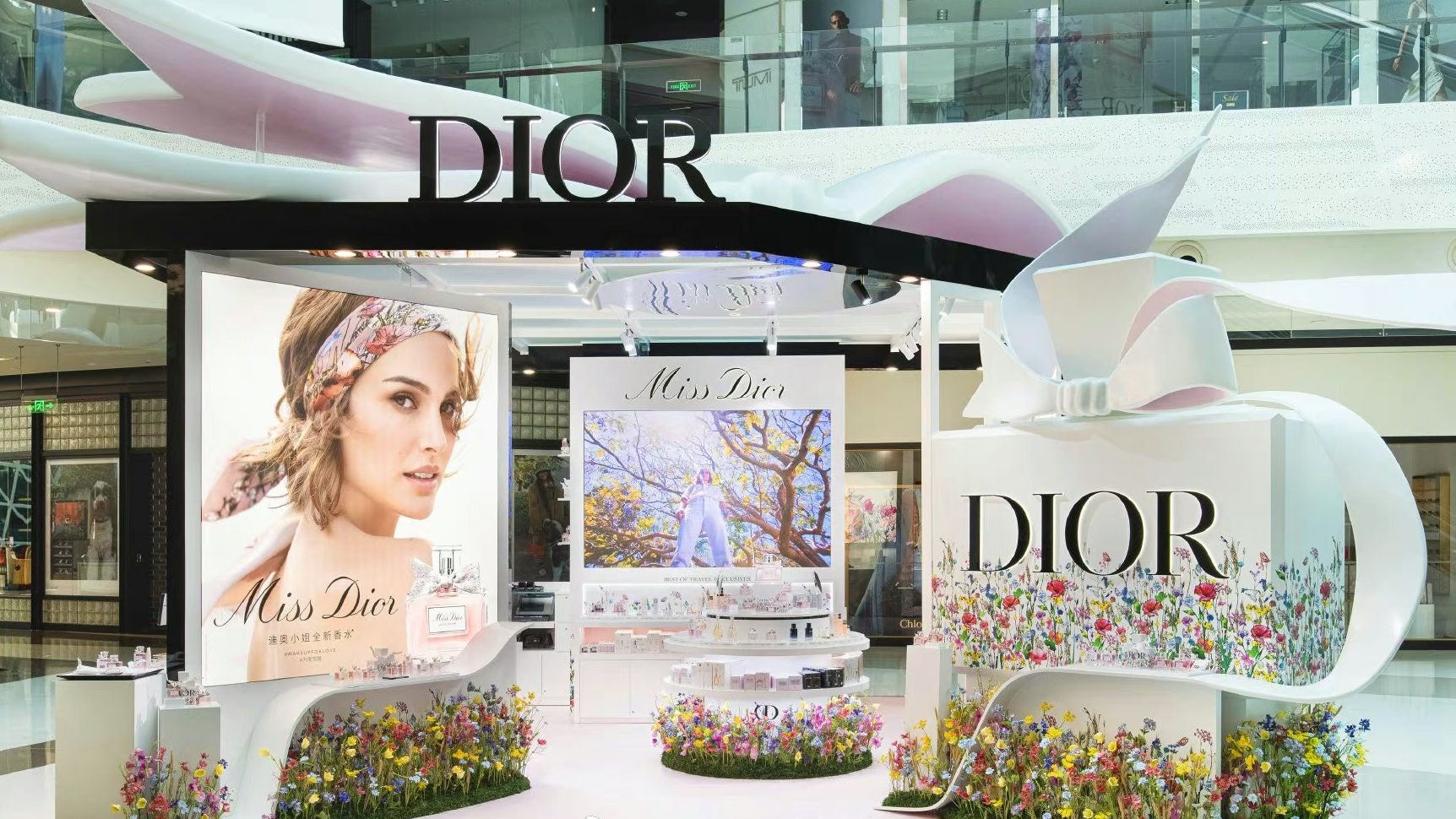“My first purchase from daigou was an Armani red lipstick. It was eight years ago, when I was a college student,” Chen Shuyao, a young housewife and founder of Awell amusement park in the heart of second-tier city Wenzhou, tells Jing Daily.
From skincare and handbags to footwear and clothing, Chen frequently turns to her trusted daigou contact when she wants to purchase brands from outside China. It has been nearly a decade since Chen started regularly buying gray market goods.
“The gray market in China might be the biggest potential threat to luxury brands in the next five years,” says Thomas Piachaud, head of strategy at Re-Hub, referring to China’s daigou agents, who purchase luxury goods in overseas markets to circumnavigate taxes and then resell them at home.
“Daigou should be thought of less as an army of individuals, rather they have become big organizations able to make money through razor-thin margins at scale,” he adds.
With young consumers having grown accustomed to purchasing from daigou, the market is growing at lightning speed. According to Re-Hub’s September 2023 report, “The Daigou Index 2.0,” China’s gray market size is an estimated 81 billion (600 billion RMB), having expanded by over 40 percent since 2019.

Push and pull factors#
Today, the daigou market faces significant pressures. Government officials have imposed stricter border controls, while brands have harmonized their retail prices globally and expanded their offline and online presence in China.
One reason Chen buys from daigou is because they can offer tax-free products, which are more affordable than purchases made within China. “Many popular items are not available at Chinese counters. If you are not in first-tier cities, some brands don’t even have counters,” she says.
By cracking down on the daigou market, businesses are actually targeting customer pain points. However, the Re-Hub report predicts that the gray import market will continue to grow, propelled by several macroeconomic factors.
Earlier this month, the World Bank cut its growth forecast for China and East Asia, with the former’s GDP now expected to grow 4.4 percent in 2024, down from 4.8 percent forecast this April.
“Within the current context characterized by low consumer sentiment, aspirational middle-class consumers are becoming more cautious with their spending. They now think twice before splurging on luxury products, and as a result, they may prefer to buy products at a discount rate from daigou rather than purchasing directly from the brands,” says Piachaud.
"Many people are downgrading their consumption, are willing to buy relatively affordable products, and are looking for greater discounts,” says Xiao Xue, a Hainan-based daigou who sells duty-free beauty products. The Chinese term daigou translates as ‘surrogate shopper.’
In addition, Chinese Gen Z shoppers are keen on discovering and experimenting with new brands – gray market importers’ ability to access limited-edition or products unavailable in China has made the sector popular among young consumers.
'Daigou' have benefits#
Some surrogate shoppers are also shaping market demand with their own product selection. “They act as an organic marketing channel,” says Piachaud.
Chen tells Jing Daily that she has discovered many new brands and products through daigou, such as British haute jewelry brand Graff. “I was really tempted to buy its butterfly necklace (6300),” she says.
Graff boasts over 40,000 pieces of user-generated content on Xiaohongshu. Many urge consumers to buy Graff products abroad as the price is more affordable than in China.

Also, daigou play a key role in new brand adoption in the mainland. For instance, when the Scandi-chic trend took off in China around 2017, young consumers started purchasing Danish and Swedish brands from overseas websites or daigou. Danish ready-to-wear brand Ganni launched on local platforms like Xiaohongshu and Tmall in 2021 in response to this booming demand.
“By supplying goods from new and emerging brands, demand for those goods is growing organically through the resulting buzz created around them,” says Piachaud.
This phenomenon occurs because gray market resellers maintain extensive networks of loyal customers. Many, like Chen, who first found her daigou on Weibo, have been purchasing from the same sellers for years. Her agent regularly shares records of her overseas purchase on the social media platform to reassure consumers of the authenticity of the products.
“That evidence is really useful to quickly gain consumers’ trust; I added her on WeChat immediately,” says Chen.
Consumers like the convenience of being able to easily reach their daigou through the ubiquitous Chinese app. But this also means daigou agents have direct access to consumers’ personal social media presence, where they can exercise their influence.
“When I post photos of myself traveling on WeChat Moments, many customers ask me for the brand of my earrings and my clothes,” says Xuanxuan, a South Korea-based daigou with over 10 years of experience importing goods.
What can brands do?#
The gray market has been a long-standing torment for luxury brands that want to retain their high-end image and air of exclusivity. During LVMH’s 2022 annual earnings call in January of this year, chairman and CEO Bernard Arnault said, “I mean, for your image, there is nothing worse. It’s dreadful.” The behemoth is determined to tackle informal import channels.

Re-Hub’s report suggests several ways brands can tackle the daigou issue. Firstly, they should monitor their sales volume, discount rate, and SKUs and the origin of goods to help identify the source and scale of the issue.
“It's important for brands to monitor it; otherwise, they may arrive at false conclusions around changes in demand. It may be that the demand is just being fulfilled elsewhere rather than declining overall,” Piachaud tells Jing Daily.
To stop bulk buying, the report says it is crucial for brands to ask their wholesale partners to provide audited monthly sales reports to show that there is no bulk reselling, as well as implement quota systems in boutiques.
Pricing adjustments and harmonization are of the utmost importance to curb the daigou sector’s growth. The siloing of companies' duty-free travel retail and domestic teams creates price differentials that resellers capitalize on.
“While these actions are not easy steps and will require alignment, adjustment, and planning, we believe they are crucial to better control product supply and routes to market while maintaining strong and resonant brand equity,” says Piachaud.


